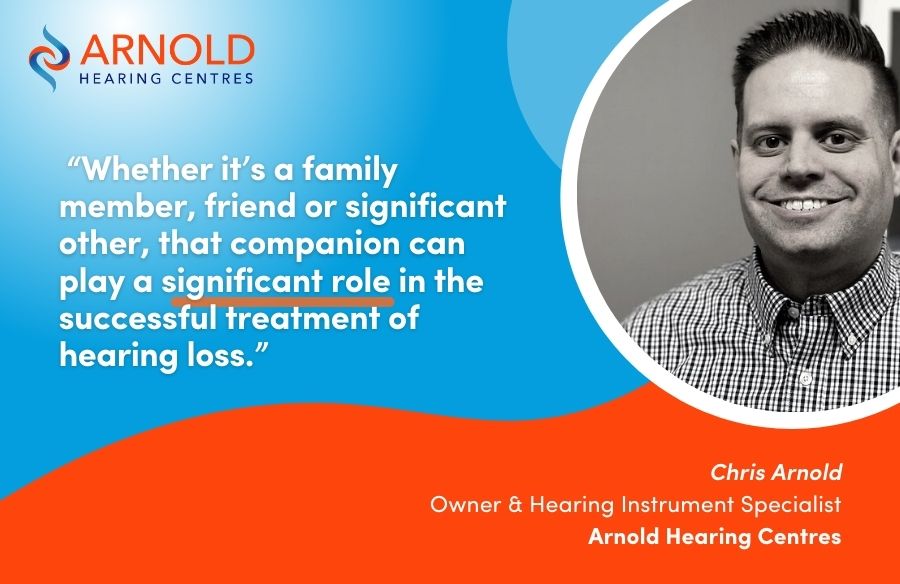We wouldn’t exactly be reporting a news flash if we told you that smoking is bad for you. It would be highly unusual if you hadn’t heard about the links between cigarettes and cancer, heart disease, and respiratory issues.
You might be surprised, however, to hear that smoking is also dangerous to your hearing. That connection has been known about for quite some time but doesn’t get the kind of press the links to other health problems do.
If you’re one of the tens of millions in North America who smoke cigarettes, or if you live with someone who is, the following information is for you.
What Does Smoking Have To Do With Hearing Loss?
- Smokers are 70% more likely to develop hearing loss than non-smokers
- Living with a smoker makes a non-smoker twice as likely to develop hearing loss
- The more cigarettes you smoke in a day, the higher your risk of hearing loss
- Children whose mothers smoke during pregnancy are at an increased risk for speech/language issue
- Smoking increases the possibility of noise-induced hearing loss for people who work in loud environments
- Secondhand smoke can raise an adolescent’s risk of hearing loss by a factor of three
How Does All That Happen?
Researchers have a lot of ideas about the ways in which cigarette smoke works on the mechanisms we use to hear. Among some of the most widely recognized are:
The Eustachian Tubes
Each of your ears has a tube attached at the middle ear, and that tube runs to the back of your throat. Its job is to regulate pressure inside your ears, while also allowing inner-ear mucous to drain.
Inhaling cigarette smoke means running smoke directly past the eustachian connection at the back of your throat; it also means that some amount of smoke can get into the eustachian tubes.
All of that can cause functional problems and even blockages that allow ear pressure to build, which can lead to hearing loss.
Blood Flow And Blood Pressure
You probably already know that smoking can do bad things to your blood pressure, but you may not know that blood pressure can have a direct effect on hearing.
Healthy blood flow is essential to the inner ear, so when your blood pressure is altered the smooth running of the inner ear can be altered, as well, resulting in the poor processing of soundwaves.
A note on pregnancy: When a pregnant woman’s blood flow is restricted due to smoking, the oxygen supply to her baby is reduced. Since the developing inner ear needs a good deal of oxygen to form properly, lack of oxygen can slow that process, increasing the possibility of speech/language problems after the child is born.
Neurotransmitter Function
The human body transmits information from one cell to another through a system of neurotransmitters and receptors that conduct the information they carry.
One of those neurotransmitters—acetylcholine—is essential to getting sound data from the inner ear to the brain.
It is also very susceptible to interference from nicotine in the bloodstream; that means interference with the information your brain needs in order to clearly identify the sounds your ears are collecting.
Central Nervous System
It takes a long time for the human body to fully prepare itself for adulthood. In fact, the sections of the central nervous system responsible for hearing are still under construction during the later years of adolescence.
Toxins in the bloodstream—nicotine, for example—are very likely to damage the connections that are being made.
Researchers have suggested that nicotine’s effect on the developing nervous system could explain why adolescents are at such a high risk of hearing loss due to secondhand smoke.
What Next?
If you suspect you have developed hearing loss due to smoking, there are two things we suggest you do:
- Stop smoking, right away; smoking-related hearing loss can’t be reversed, but “kicking the habit” can go a long way to keeping it from getting worse.
- Contact us right away to set up an appointment for a thorough evaluation and testing of your hearing. We’d love to help bring back some of the sounds you’ve been missing in life.
Article Sources
Centers for Disease Control and Prevention. Smoking & Tobacco Use: Data and Statistics. https://www.cdc.gov/tobacco/data_statistics/index.htm. Accessed July 31, 2018. Cruickshanks KJ, et al. Cigarette Smoking and Hearing Loss: The Epidemiology of Hearing Loss Study. JAMA. 1998;279(21):1715–1719. Katbamna B. Effects of Smoking on the Auditory System. Audiology Online. October 2008, article 899. https://www.audiologyonline.com/articles/effects-smoking-on-auditory-system-899. Tao L, et al. Effect of Cigarette Smoking on Noise-Induced Hearing Loss in Workers Exposed to Occupational Noise in China. Noise Health. 2013;15(62):67–72. Pezzoli M, et al. Effects of Smoking on Eustachian Tube and Hearing. Int Tinnitus J. 2017;21(2):98–103.






